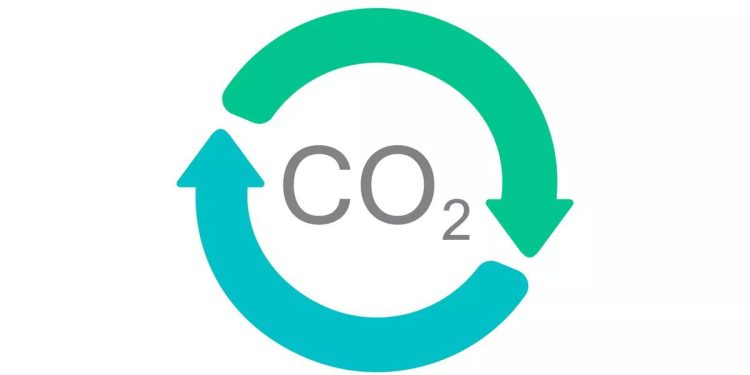#CO2sensors #potatobulkstorage #qualitymanagement #lossminimization #potatostoragechallenges #gassensors #freshnesspreservation #costsavings
CO2 sensors play a vital role in monitoring the quality of stored potatoes in bulk storage. In this article, we explore the significance of CO2 sensors in potato storage and why they are crucial in ensuring potato freshness and minimizing losses.
Potato Storage Challenges
The Role of CO2 Sensors in Potato Bulk Storage
Potatoes are among the most important crops globally, and storage plays a critical role in preserving their quality and preventing losses. However, storing potatoes in bulk storage can present several challenges that affect their quality and shelf life.
One of the most significant challenges in potato storage is the build-up of carbon dioxide (CO2) inside the storage space. When potatoes are stored in large quantities, they produce CO2 as they respire, and the concentration of CO2 can reach harmful levels if not monitored and controlled.
CO2 sensors are essential tools in potato bulk storage management. They measure the concentration of CO2 in the storage space and alert the storage manager when levels exceed safe limits. This information helps the manager take corrective action, such as adjusting the ventilation or temperature, to maintain optimal conditions for potato storage.
In addition to monitoring CO2 levels, some CO2 sensors can also detect other gases, such as ethylene, which can accelerate the ripening and spoilage of stored potatoes. By detecting these gases, CO2 sensors can help managers take timely action to prevent quality deterioration and minimize losses.
Benefits of CO2 Sensors in Potato Storage
CO2 sensors offer several benefits to potato storage management, including:
- Improved potato quality: By monitoring CO2 levels and taking corrective action, CO2 sensors help maintain optimal conditions for potato storage, reducing spoilage and preserving the quality of stored potatoes.
- Minimized losses: CO2 sensors enable early detection of quality deterioration and spoilage, allowing managers to take timely action to prevent further losses.
- Cost savings: By reducing spoilage and minimizing losses, CO2 sensors can help potato storage managers save money and improve their bottom line.
In conclusion, CO2 sensors are essential tools in potato bulk storage management. They help maintain optimal storage conditions, preserve potato quality, and minimize losses. By investing in CO2 sensors, potato storage managers can ensure that their stored potatoes remain fresh and of high quality, contributing to their overall success and profitability.







